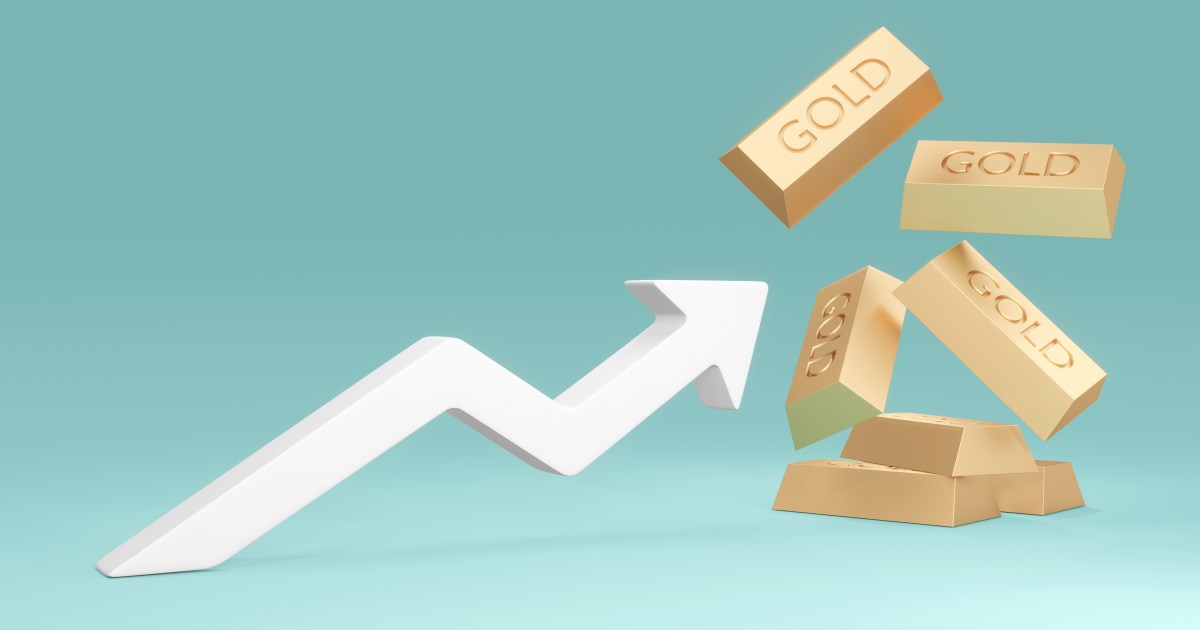Russia will seek to export gold to other countries after the United States introduced a ban on Russian gold imports, Russian Deputy Foreign Minister Sergei Ryabkov was quoted by the Russian "TASS" news agency as saying.
The United States announced - last Tuesday - a new package of sanctions against Russia, including a ban on new imports of Russian gold, as part of pledges from the leaders of the Group of Seven - this week - to impose more pressure on Russia because of its war on Ukraine.
And last Monday, Russia said that the decision of the Group of Seven industrialized countries to ban its imports of Russian gold is illegal.
The Russian government stated - in a statement - that, since the announcement of the ban, it has begun searching for new markets for the export of gold, especially in Asia and the Middle East.
The Russian "Interfax" agency quoted Kremlin spokesman Dmitry Peskov as saying that the precious metals market is global, large, abundant and diverse.
Gold is a vital asset for Russia's central bank, which faces restrictions on access to some of its overseas assets due to Western sanctions.
Russian offers at discounted prices
The decision to ban new contracts for Russian gold opened the door to the possibility of the emergence of a parallel secondary market for the sale of gold to global markets, outside the circle of countries supporting these sanctions, according to a report by the Anatolia Agency.
This decision comes after a similar decision by the United States, Canada and the United Kingdom to impose an immediate ban on the purchase of Russian oil or its derivatives, while the countries of the European Union began a gradual reduction, leading to a ban on its export from the end of this year.
On the ground, data shows that Russia managed to double its financial income in the first 100 days of the war on Ukraine, from sales of crude oil and natural gas, as their prices are at record levels.
In the gold sector, financial market estimates indicate a repetition of what is currently happening in the Russian oil market, as Moscow sells barrels of oil through a secondary market, i.e. reduced prices, up to 35% lower than official prices, the Anatolia report adds.
East Asian countries and India are benefiting from these Russian offers to sell their oil, as China and India’s imports of Russian crude oil doubled, during the months following the war, to an average of 1.8 million barrels per day for both countries.
Secondary market for Russian gold
According to the Anatolia report, it is expected that a secondary market for gold sales will arise by marketing it to countries outside the Western alliance, at discounted prices, a step that would earn the importing countries huge sums.
Russia targets the markets of Asia and the Middle East, and India is the world's largest importer of gold, and one of the largest exporters of manufactured gold.
China is also a major market, as it is the largest producer of gold in the world, with an average global share of 10.6% of the total production, and the largest exporter of it with an annual average of 335 tons.
As for Russia, it ranks second after China in production, with a global share of 9.5% of global production, and annually exports about 330 tons, according to data from the World Gold Council.
According to the Anatolia report, the United Arab Emirates is expected to be a target for Russian gold as well.
Gold markets around the world are still awaiting the consequences of the decision of the Group of Seven countries, especially as they import more than 50% of gold from the Russian market.
Economist Alexander Razovaev stresses that even if the European Union imposes restrictions on the sale of Russian gold, this will have little impact on the Russian gold mining industry, because this ban has existed undeclared since last March, adding that gold will become more expensive in the global market. , but not too much.
In the morning trading on Thursday, the price of spot contracts for gold reached $1819 an ounce, $18 less than the trading of the beginning of this week.

